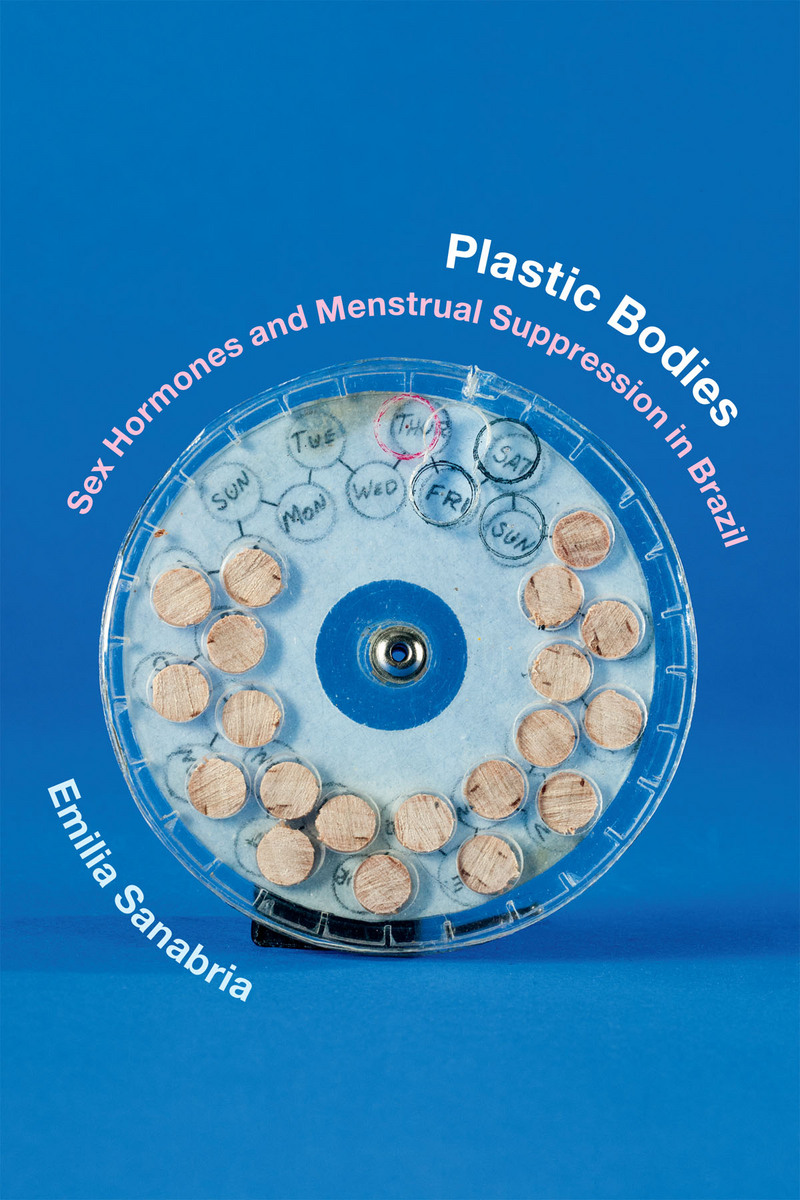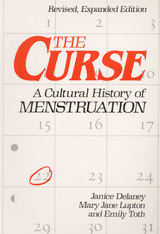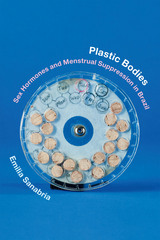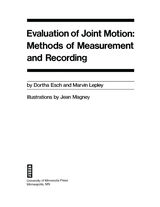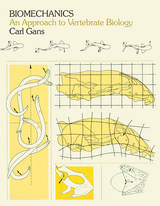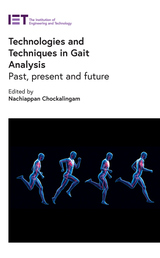Plastic Bodies: Sex Hormones and Menstrual Suppression in Brazil
Duke University Press, 2016
Paper: 978-0-8223-6161-9 | eISBN: 978-0-8223-7419-0 | Cloth: 978-0-8223-6142-8
Library of Congress Classification QP263.S263 2016
See other books on: Health aspects | Menstruation | Prevention | Salvador | Women's Health
See other titles from Duke University Press
Paper: 978-0-8223-6161-9 | eISBN: 978-0-8223-7419-0 | Cloth: 978-0-8223-6142-8
Library of Congress Classification QP263.S263 2016
ABOUT THIS BOOK | AUTHOR BIOGRAPHY | REVIEWS | TOC | REQUEST ACCESSIBLE FILE
ABOUT THIS BOOK
In Plastic Bodies Emilia Sanabria examines how sex hormones are enrolled to create, mold, and discipline social relations and subjectivities. She shows how hormones have become central to contemporary understandings of the body, class, gender, sex, personhood, modernity, and Brazilian national identity. Through interviews with women and doctors; observations in clinics, research centers and pharmacies; and analyses of contraceptive marketing, Sanabria traces the genealogy of menstrual suppression, from its use in population control strategies in the global South to its remarketing as a practice of pharmaceutical self-enhancement couched in neoliberal notions of choice. She links the widespread practice of menstrual suppression and other related elective medical interventions to Bahian views of the body as a malleable object that requires constant work. Given this bodily plasticity, and its potentially limitless character, the book considers ways to assess the values attributed to bodily interventions. Plastic Bodies will be of interest to all those working in medical anthropology, gender studies, and sexual and reproductive health.
See other books on: Health aspects | Menstruation | Prevention | Salvador | Women's Health
See other titles from Duke University Press
